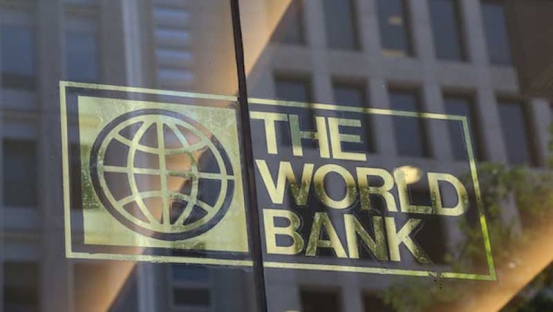×
The Standard e-Paper
Kenya’s Boldest Voice

The past three years have been tough for private investors, the World Bank says.
Private sector investment has gone down even as the Government aggressively pumped money to improve roads, railways, ports network and the power sector, said the World Bank in its latest Kenya Economic Update.